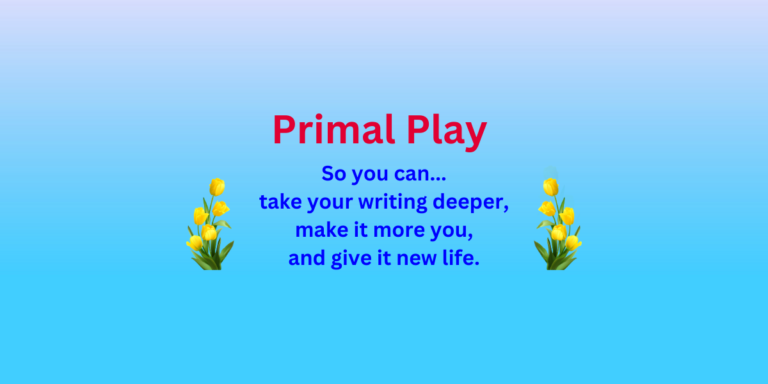8.2 Favorite books
It’s easy enough to find a list of all the most popular books about writing. I’ve read each of them several times.
So here I just want to tell you about a few books which are not that well known but are among my favorites.
By the way, I write nonfiction, but I find that books about writing fiction or memoir are the ones that have the most depth to them, and richness, and layers, and are therefor the most helpful.
Ron Carlson
Ron Carlson Writes a Story
The author takes us inside the writing of a short story, walking us scene-by-scene through his process. It’s not a how–to book, but more like an adventure. Plus I really like the story he features.
David Jauss
Alone with All That Could Happen: On Writing Fiction
This is not a quick and easy how-to kind of guide, but instead a deeply thoughtful conversation about the art of writing. My favorite chapter is, “What We Talk About When We Talk About Flow.”
Matt Bird
The Secrets of Story
Bird focuses on how to hook and hold an audience, and he does this with a deeper than usual analysis of what readers want and don’t want.
For example he says, “It’s very hard to get audiences to care about any hero because they’re afraid of being hurt.” They’re afraid of being disappointed by the protagonist and the story. And the author. I’d never thought of that before but when I read that sentence I realized that’s me. I’m that kind of reader.
Bird also argues that the best stories have complex characters but simple plots. He’s got lots of insights like this that I haven’t seen explained as well elsewhere.
As he goes through his chapters he lays out a checklist of 122 things to consider which sounds daunting, but this list will get you thinking much more clearly and creatively about your story.
Flannery O’Connor
Mystery and Manners
O’Connor is often left off the big lists, but she shouldn’t be. I especially like her chapter on “Writing Short Stories.” It includes this long paragraph, which I’ve broken up into sentences so you can savor it…
When you can state the theme of a story, when you can separate it from the story itself, then you can be sure that story is not a very good one.
The meaning of a story has to be embodied in it, has to be made concrete in it.
A story is a way to say something that can’t be said any other way, and it takes every word in the story to say what the meaning is.
You tell a story because a statement would be inadequate.
When anybody asks what a story is about, the only proper thing is to tell him to read the story.
The meaning of fiction is not abstract meaning but experienced meaning, and the purpose of making statements about the meaning of a story is only to help you to experience that meaning more fully.
Virginia Tufte
Artful Sentences: Style as Syntax
At first glance this seems like a technical book, the kind that could bore you to death. But once you get into it, you discover that it’s a love song to sentences.
You get to know all the different ways sentences can be constructed, and you get to see lots and lots of illustrations so you can get a feel for each different type.
If you take the Tufte Journey and develop the kind of intimacy Tufte has with syntax, I’ll bet you’ll surprise yourself with how playful you’ll get with your sentences.

